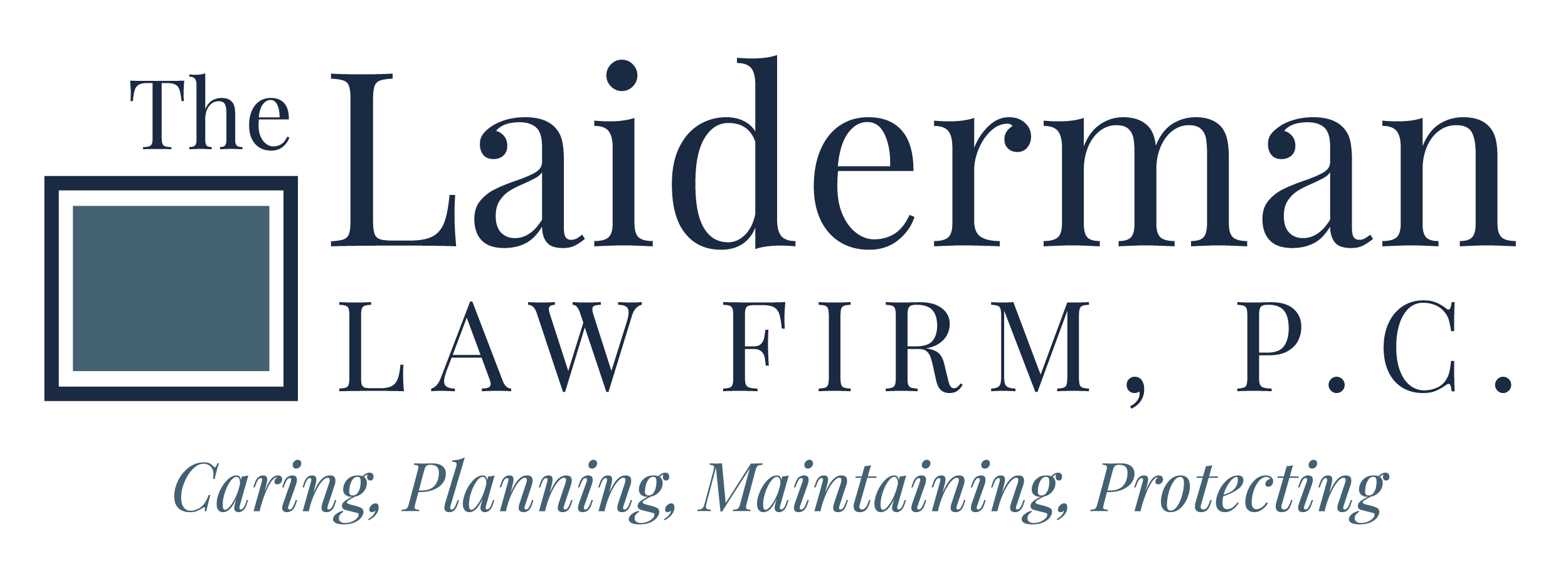You need estate plan because, what many do not understand is that they do actually have an estate, and if all of its parts are added up, people have more assets than they think, says Federal News Network’s article “Your bigger-than-you-think estate.”
The downside is that many don’t realize that this is the case, until after a loved one dies. When that happens, as it inevitably will, it’s far better to have planned for this eventuality than letting the courts, relatives, the IRS or the state decide what to do with your possessions.
The trick is figuring out what you own and determining how you want it to be distributed after you die.
Someone who has worked all their life, has money saved in a 401(k) or other types of retirement accounts, owns a home that they bought in the years past, and usually has a bigger-than-they-think amount of assets accumulated.
So how do you begin? Start with this checklist:
Are your beneficiary designations up to date? Your beneficiary designations ALWAYS supersede any will or trust. Some of your largest assets are not controlled by a will or trust, but by beneficiary designations. For federal employees, this includes the Thrift Savings Plan (TSP) and Federal Employees’ Group Life Insurance (FEGLI), and any other life insurance policies. Do you want your beneficiary to be a surviving spouse? Children?
Is your will up to date? How about any trusts? Most people have their trusts done and then forget about them. That’s always a big mistake. We experience changes in life, and our wills and trusts need to reflect those changes. If the people you named as decision-makers in the past have died, did you have a successor named? Are they still alive, or are they still the person you want to administer your estate and implement your plan? Make sure you also consider your children and their circumstances. If you have a child with special needs in your family, or if a child of yours is going through a divorce or likely to go through a divorce in the future, you need a trust; an estate planning attorney will be able to help you prepare an updated plan to deal with these challenging face and circumstances.
Are your financial and medical directives in place? Making plans for incapacity is as much a part of estate planning as a will and trust. If you became ill or injured and could not make decisions for yourself, do you have the documents that will allow someone else to do so on your behalf?
An estate planning attorney can work with you on all these matters, so you can relax and focus on your family, life and work. Don’t procrastinate—this task can be done before the year is out, if you start soon. If you haven’t completed your estate plan this year, it would be a great New Year’s resolution for 2020!
Reference: Federal News Network (October 2, 2019) “Your bigger-than-you-think estate.”


